Prime Minister Joseph Muscat said today that he continues to receive regular calls at night informing him that the Armed Forces of Malta is assising migrants in difficulty. "Just some boat loads landing in Malta with a few hundreds on board would mean that Malta can be in a critical, if not in an emergency situation in the space of a few days," he said in Berlin.
Speaking at a conference on refugee policy, Dr Muscat said that a few weeks ago, Malta was on every news channel in the world for reasons which are anything but joyous. We paid our respects to 24 migrants who perished in the Mediterranean Sea.
We laid to rest mothers, fathers and a child whose lifeless bodies made it to out shores. Scores of others were not even recovered from the sea.
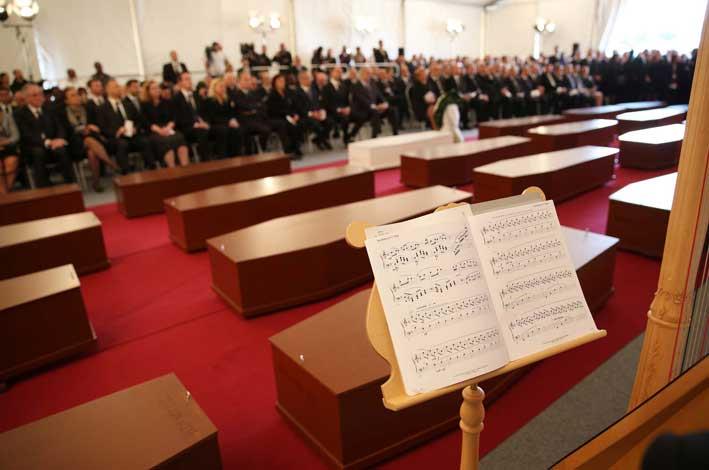
Sadly, the Mediterranean Sea has become a cemetery for people whose only hope was to take their family to a safer, more prosperous part of the world, he said.
The images of that funeral and more tragic events suddenly made the immigration issue a real one. Europe and the world, woke up to a reality which Malta, Italy, Spain and Greece among others have experienced for years.
"As much as I loathe to think that so many lives were lost before Europe realised the real humanitarian problem, I sense that there was a change in attitude among European leaders and the European people," he said.
We finally seem to be talking the same language, and actually understanding each other. What a positive development this is in terms of where we started from.
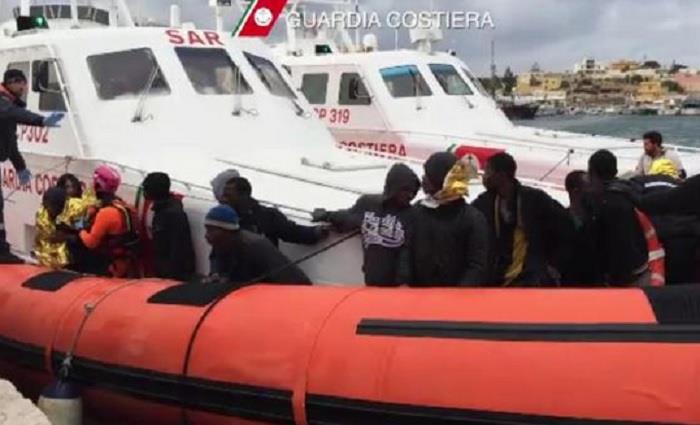
"Less than two years ago, in yet another migrant tragedy off Lampedusa, among the survivors who landed in Malta I recall one particular migrant – a specialist doctor – saying that he had gone to a number of European embassies in Libya to try and gain entry for himself and his family in Europe.
"After being rejected a number of times, he took the perilous journey by crossing the Mediterranean sea on a boat. He survived, but lost his wife and a daughter. Imagine had at least one of the countries sought refuge to had accepted his request. This young family would not only be safe but also contributing to a sector where Europe struggles to meet its needs.
"I firmly believe that the progress made in Europe in the last weeks, with finally a concrete set of immediate measures as well as a number of medium and long term initiatives put forward by the Commission, are a step in the right direction.
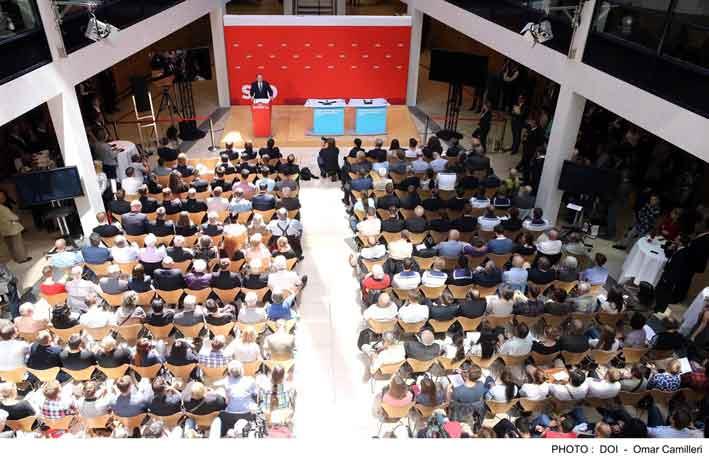
"Many of you might say it is not enough. True. But allow me to remind you that we started from a situation of total denial at European level.
"We welcome the mechanism which triggers an emergency response and kicks in a relocation programme, which may be used in case of emergency such as in the case of Italy and Greece. It is finally a realisation that countries facing this crisis need effective European solidarity.
"In the proposal, the Commission also notes that it is ready to do the same if other member states – such as Malta – face a sudden influx of migrants. More so because a small island such as Malta, with a population of less than half a million, can see a sudden influx overnight.
"I do hope that the discussion will centre on the details, rather than the concept. On the distribution key rather than the need to share the burden. Even Malta has questions on the key.
"Malta means what it says.
"For many years, as we experienced a considerable influx of migrants, we were one of the few member states arguing for changes in the Dublin regulations and solidarity in a concrete manner.
"Those calls by previous administrations were met with absolute indifference. We had to cope with the crisis on our own.
"The Europe that was so quick to save banks, turned a blind eye to saving people. The financial crisis seemed more important than the humanitarian crisis. The latest tragedies seem to have shaken most people to their senses.
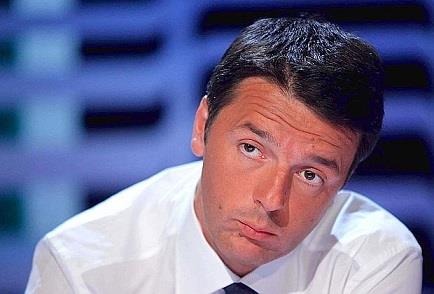
"Over the past year and a half my government has worked to remove the systematic problems that had been arising with Italy on the handling of the crises we encounter at sea almost on a daily basis. In Enrico Letta first, and Matteo Renzi now, we have found formidable allies. We agreed that rather than arguing at sea, we should team up to save lives and complement each other’s resources.
"Although we are the smallest Member State, Malta remains the only European country, and probably the only country in the world to devote 100% of its limited military resources to search and rescue operations.
"Collaboration with our Italian colleagues has led to a better management of the situation and to Malta handling much lower numbers than before despite the fact that the number of crossings and work by our military increased.
"We are thus in a situation where we are not currently in an emergency as in Italy or Greece, although this can change overnight.
"Thus, the Commission proposals are a credibility test for us as a country.
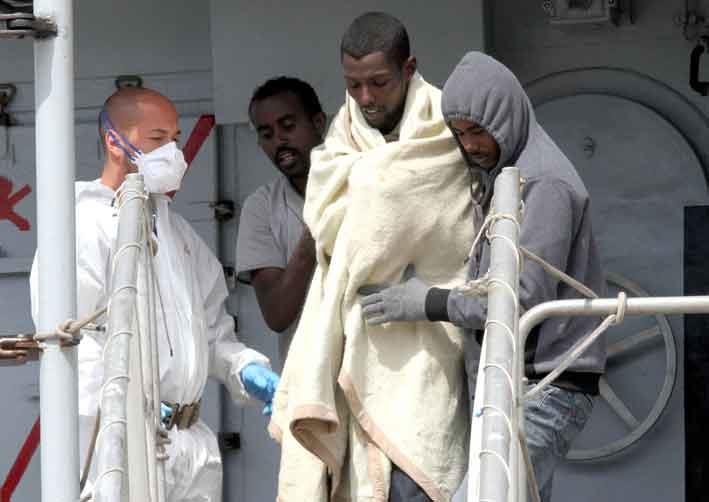
"Populists might argue that we have carried enough burden over the years and we should refuse the Commission proposals by means of which Malta must now take some refugees, rather than refugees taken from it.
"My government is arguing to the contrary.
"It is unfortunate that this proposal did not come when we needed it most but we will take our share to prove that we do not think European solidarity is a concept we advocate when it suits us.
"Furthermore, if there is a crisis that hits us in the future, we expect the same treatment.
"Malta is fair and expects to be treated fairly.
"Malta wants solidarity if needed and gives solidarity when needed.
"Suffice it to say that I have been receiving regular calls at night by our Armed Forces assisting hundreds of migrants crossing our seas. Just some boat loads landing in Malta with a few hundreds on board would mean that Malta can be in a critical, if not in an emergency situation in the space of a few days.
"The European Commission’s plan also gives particular importance to strengthening our cooperation with African countries of origin and transit by intensifying our dialogue through the existing processes (Rabat and Khartoum processes).
"Malta will continue playing its part by hosting a Summit between the EU and African partners in the coming months. This will be a particularly important event which brings together countries of origin of migrants, as well as countries of transit and destination.
"Malta, I believe, can provide a perfect setting to discuss the issue in a moderate, yet firm, way and hopefully provide longer term solutions.
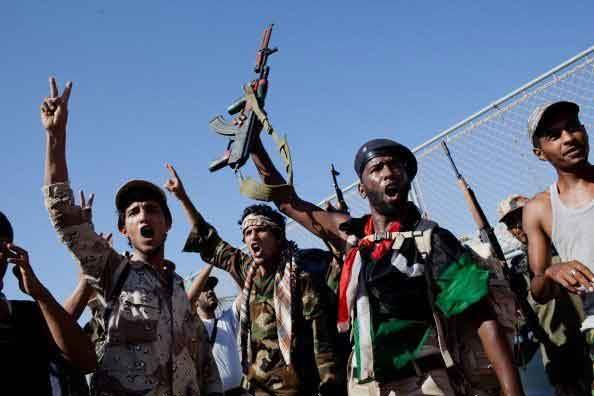
"Stabilising Libya is another crucial step in preventing further loss of life at sea. That is why it has become even more urgent for the international community to help stabilise Libya by supporting a mediation process to achieve a political agreement around a Government of National Unity.
"The Commission’s proposals are a clear first sign that Europe does not only show solidarity in financial and economic crisis. But that it can also respond when human lives are at risk and when countries struggling to give hope to migrants are in need.
"I remain positive that our pleas are finding the support of the majority of member states.
"However, this cautiously positive tone, will need to be reinforced with real action. Much more needs to be done if we want to truly achieve a consistent and effective EU migration policy which balances protection and prevention."